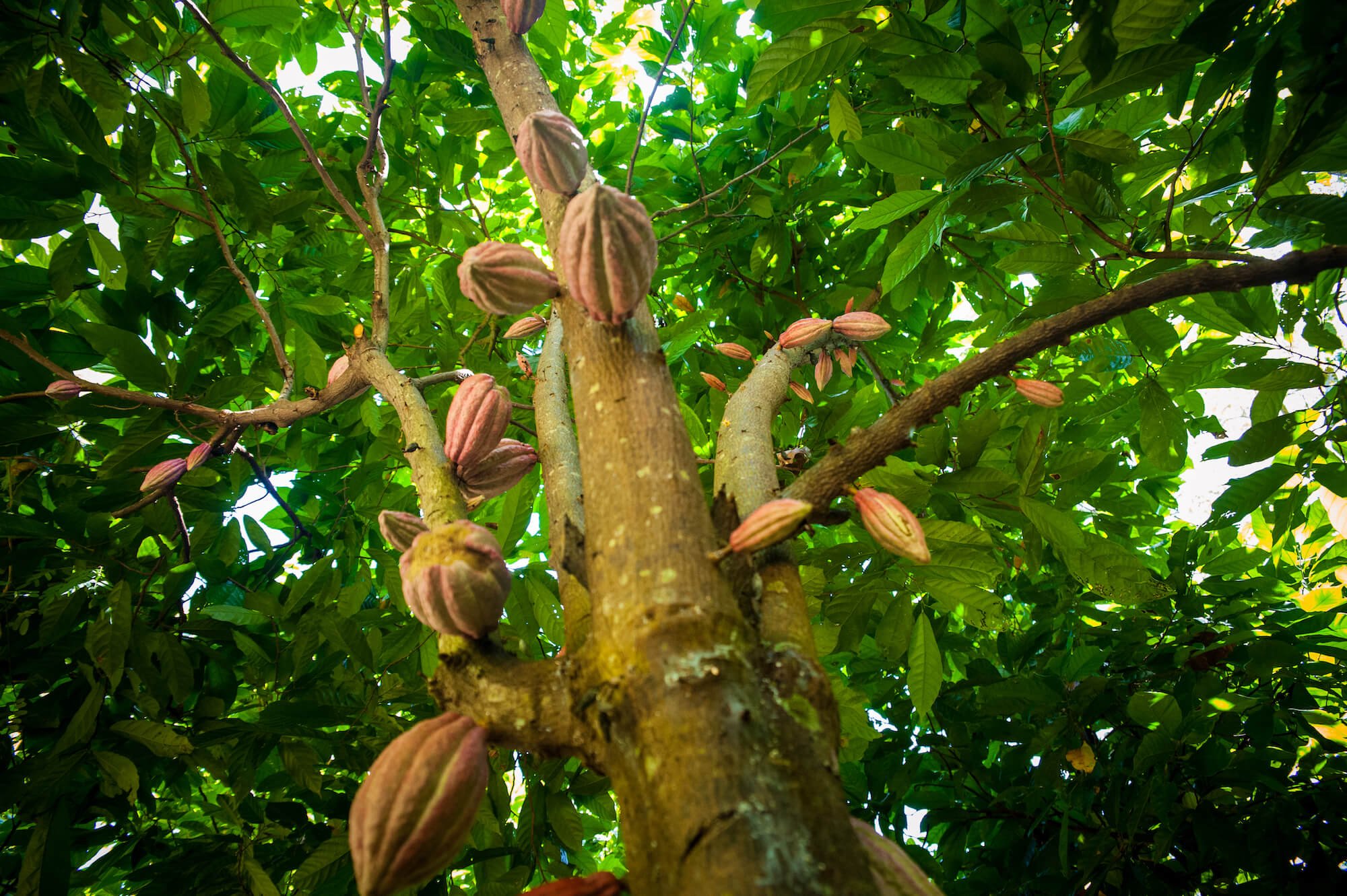Why Beyond Good is Making Chocolate in Africa to Disrupt the Supply Chain
Editor’s note: We are committed to sharing the stories about chocolate coming out of Africa. If you’re interested in learning more about another one of the rare African chocolate makers, see our recent story on Midunu.
The supply chain for most chocolate starts with cocoa being collected from farmers and exported for manufacture overseas. This means that there are a lot of people between the growers and the final consumer, which chips away at the profits of the farmers. “Africa produces 70% of the world’s cocoa and the equivalent of 0% of the world’s chocolate,” says Tim McCollum, CEO & Founder of Beyond Good adding, “We knew that making chocolate in Africa was the best way to help the continent at a high level.” McCollum founded the company in 2007 with a fellow former Peace Corp volunteer, after serving in Madagascar.
Stated simply, Beyond Good (formerly known as Madécasse) is a business trying to disrupt this standard cocoa supply chain. The brand focuses on cutting out the middleman, by ethically sourcing cocoa directly from farmers and producing the final product in Africa. This farm-to-factory process ensures complete traceability and means that farmers can earn well above industry standard. The company made 2.8 million bars of chocolate in Madagascar last year. “We knew instinctively that making chocolate in Africa would create more value in one of the poorest corners of the world,” McCollum says. “We only later realized that in doing so we’d cut out 5-6 layers of middlemen. And that’s what enables farmers to earn more.”
Improving Lives
There are 93 farmers growing cocoa for Beyond Good. Most have not traveled more the 50 miles from where they were born and are living much like their ancestors would have lived hundreds of years ago. McCollum tells me that they are amazing, intelligent, and resilient people. “I normally feel out of place talking about other people’s happiness. But since you asked, ‘happiness’ is one of the first things that comes to mind when I think about them,” he says. “They’re seeing immediate improvement to their incomes, and they are thriving, economically, compared to others in Madagascar.”
Building Factories
Beyond Good manufacturing facility in Madagascar
The factory in Madagascar is based in Antananarivo, the country’s capital city, and employs 105 people full-time. The Beyond Good team has plans to move vanilla production to Madagascar, which McCollum says has been a long-held dream. “We made a huge step forward in building our first direct vanilla bean supply chain on the ground in Madagascar in 2022,” he says, but adds that they will need to take their time with the factory. “It could be in 2023. It could be in 2026. Anything is possible in Africa when you’re not in a hurry.” When the factory is completed, it will have a similar impact to the local community as the chocolate factory has had, in terms of employment and skills transfer. “About 40 people will be employed full-time and have access to a standard of living that they probably didn’t think would happen in their lifetimes,” McCollum says. “That part is easy to quantify. The part that is harder to quantify is the amount of pride that comes with making a finished product for the first time, versus simply farming a crop.”
The Future for Beyond Good
Beyond Good is dedicated to expanding its mission, and there are plans in the works to bring this model to another country on the African continent: Uganda. McCollum explains that they are just starting to re-open their cocoa supply chain there. Naturally, planning to open a facility in a new country has its challenges. “It took a long time to think about making chocolate in Uganda, because it took us a long time to figure out how to make chocolate in Madagascar,” McCollum says. But once he’d connected the dots, he felt compelled to push on with the expansion into Uganda. “We are aiming to break ground on a factory in the end of 2023.”





